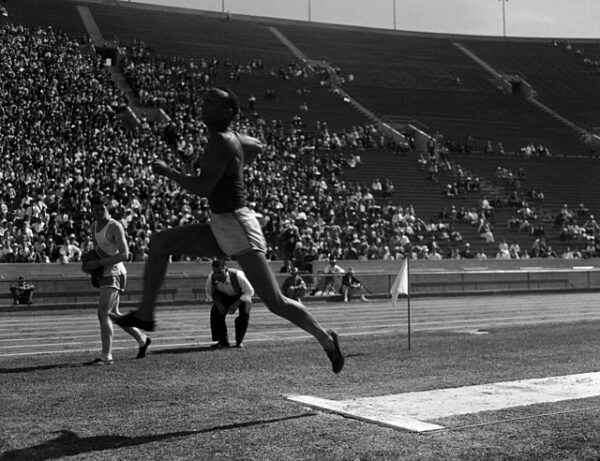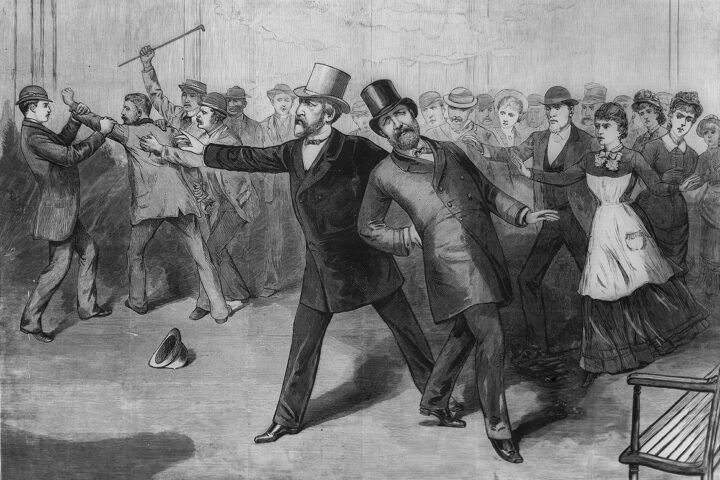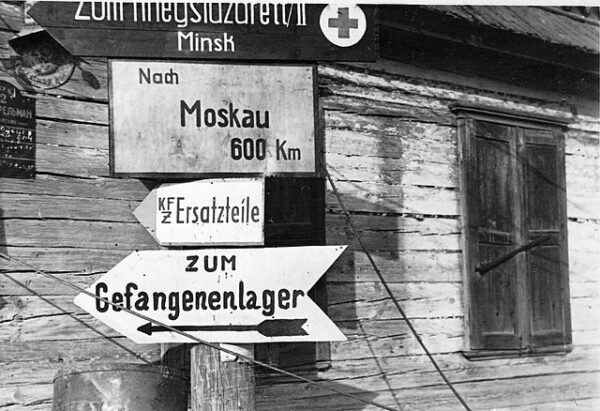Jesse Owens’ performance at the 1936 Berlin Olympics stands as one of the most compelling chapters in sports history. In the midst of a politically charged atmosphere, with the world watching, Owens delivered a series of performances that shattered not only records but also the Nazi propaganda of Aryan supremacy.
The Berlin Games, orchestrated by Adolf Hitler’s regime, were intended to be a showcase of Nazi ideology, emphasizing the supposed superiority of the Aryan race. However, Owens’ achievements on the track and field starkly contradicted these racist beliefs.
On August 3, 1936, Owens competed in the 100 meters, an event that would cement his place in history. The anticipation was palpable as Owens lined up against the world’s fastest sprinters. With a burst of speed and unrivaled power, Owens crossed the finish line in 10.3 seconds, setting a new Olympic record and claiming the gold medal. This victory was a direct challenge to the Nazi ideology, demonstrating that athletic excellence knew no racial boundaries.
Owens’ triumph on that day was only the beginning. On August 4, he competed in the long jump, facing fierce competition from Germany’s own Luz Long, the European record holder. The pressure intensified when Owens fouled his first two attempts during the qualifying round. In an extraordinary display of sportsmanship, Long approached Owens and offered crucial advice. Following Long’s guidance, Owens made a legal jump, qualifying for the finals. He went on to win the gold medal with a leap of 8.06 meters (26 feet, 5 1/2 inches), setting another Olympic record. Long was the first to congratulate Owens, a poignant moment that transcended the toxic political environment.
Owens continued to dominate, securing his third gold medal in the 200 meters, which he ran in 20.7 seconds, another Olympic record. His fourth and final gold came as a member of the 4×100 meters relay team, which also set a world record with a time of 39.8 seconds.
Owens’ unparalleled success was a seismic event that resonated far beyond the stadium. His victories dealt a significant blow to the Nazi narrative, providing a powerful counterpoint to the propaganda of racial superiority. Despite the intense pressure and the hostile environment, Owens’ grace and athleticism shone through, earning him the admiration of spectators worldwide.
In 1976, President Gerald Ford awarded him the Presidential Medal of Freedom, and in 1984, President Ronald Reagan posthumously awarded him the Congressional Gold Medal. These honors acknowledged not only Owens’ extraordinary contributions to sports but also his role in challenging racial barriers and inspiring future generations.
Jesse Owens’ performance at the 1936 Berlin Olympics remains an enduring symbol of resilience, excellence, and the unifying power of sports. His friendship with Luz Long, forged in the crucible of competition, exemplifies the true spirit of the Olympic Games. Owens’ achievements continue to inspire, reminding us of the profound impact of courage and determination in the face of adversity. His story is a testament to the fact that greatness transcends race, nationality, and ideology, embodying the highest ideals of the Olympic spirit.






